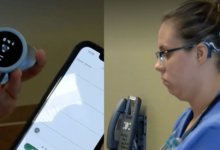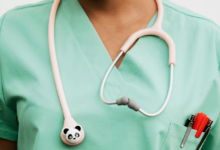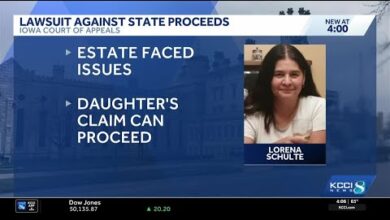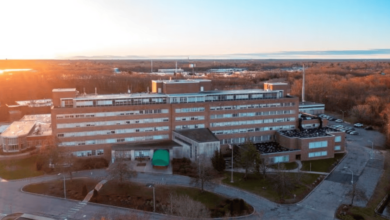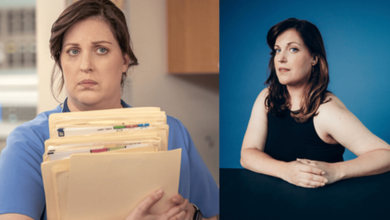RCN calls for return of Covid precautions in healthcare
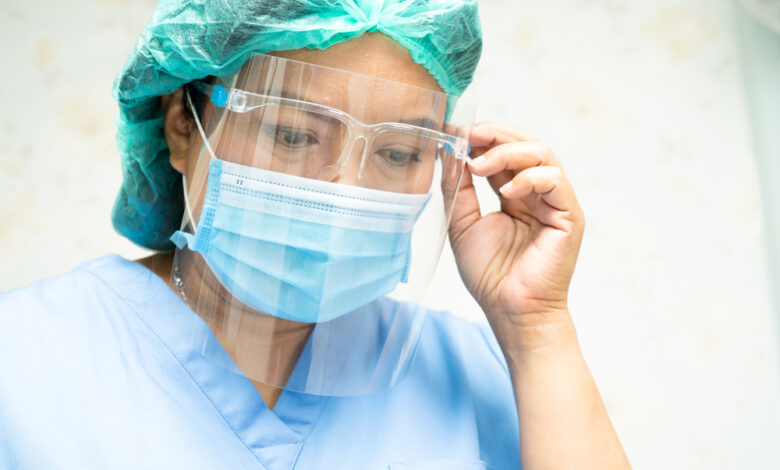
The Royal College of Nursing (RCN) has called for a return to universal mask wearing and improvements to ventilation in UK health settings after the World Health Organization (WHO) designated a new Covid-19 variant of interest.
Earlier this week, WHO identified the JN.1 variant to be rising in prevalence across the world.
“Countries approaching the winter season should be aware that, altogether, SARS-CoV-2 and co-circulating pathogens may exacerbate the respiratory disease burden”
World Health Organization
The organisation said that, while low-risk at a global level, JN.1 would be designated as a variant of interest and suggested people take steps to curb infections.
For health employers, these steps included re-implementing universal mask wearing in health settings, and to provide respirators and other personal protective equipment (PPE) to health workers caring for suspected and confirmed Covid-19 patients.
WHO said, however, that the current Covid-19 vaccine is effective with the new variant.
“Therefore, the spread of this variant will unlikely increase the burden on national public health systems compared to other Omicron sublineages,” WHO’s report on the risk of JN.1 read.
“However, countries approaching the winter season should be aware that, altogether, SARS-CoV-2 and co-circulating pathogens may exacerbate the respiratory disease burden.”
WHO also called for improved ventilation in health facilities to minimise the risk of Covid-19 transmission.
In response, RCN has asked the UK Health Security Agency (UKHSA) to update guidelines, so employers follow these WHO-suggested standards.
“The existing [UK] national infection prevention and control manuals don’t require standardised masking for Covid-19, and decisions on respiratory protective equipment are left to local risk assessments,” an RCN spokesperson said.
“This is now inconsistent with WHO’s latest advice.
“We also have concerns about the adequacy of ventilation in general ward and outpatient areas within hospital buildings and believe that action must be taken to assess and improve this.”
They continued that, while WHO designated JN.1 as posing a low risk to public health, the global organisation had warned winter could lead to a spike in infections.
“We also have concerns about the adequacy of ventilation in general ward and outpatient areas”
The Royal College of Nursing
This, the spokesperson said, would coincide with the NHS’ existing winter pressures and comes after the UKHSA warned that Covid-19 is currently prevalent in about 4.2% of the population in England Scotland.
The RCN spokesperson added: “Figures show that there has been a rise in Covid-19 cases and hospitalisations, and the RCN argues that without proper protections, ill health could continue to rise in nursing staff and impact their ability to deliver safe and effective patient care.”
Nursing Times asked UKHSA what, if any, changes to guidance would be implemented.
Dr Meera Chand, UKHSA deputy director, said: “Through our genomic surveillance we continue to see evolution of variants in the Omicron family. We are monitoring JN .1 closely and the prevalence of this variant is increasing.
“Vaccination remains the best defence against severe disease from Covid-19 infection and there is still time to get your vaccine this winter if you are eligible.”
Dr Maria Van Kerkhove, infectious disease epidemiologist and Covid-19 technical lead for WHO, said that it was not just Covid-19 on the rise as, for parts of the world, temperatures drop – but that the new variant should be a cause for action.
“We’re seeing a surge or an increase in respiratory infections for a number of reasons,” said Dr Kerkhove.
“It’s not just Covid-19 that is circulating, it’s influenza, other viruses and other bacteria. In some parts of the world, we are entering the winter months but in all parts of the world people are starting to gather for the holiday season.
“As people gather, they spend more time indoors, especially if there is poor ventilation, these pathogens that spread efficiently between people and through the air will take advantage.”
Dr Kerkhove continued that JN.1, as with other Covid-19 variants, can cause the “full spectrum” of disease ranging from asymptomatic infection to acute illness and death.
She called on world governments to cooperate with data sharing, and for people to take precautions.
“What is really important is we are able to track it, so we are asking our members to continue with strong surveillance, good sequencing and sharing of those sequences in a timely manner so we can assess the circulation around the world and take some steps to potentially modify what we are advising to the world,” she added.
“The advice we give to all people is similar to what we have in the past: protect yourself from infection using a number of different tools but also make sure that if you get infected that you seek clinical care and you get vaccinated when it’s your turn to prevent serious disease and death.”


